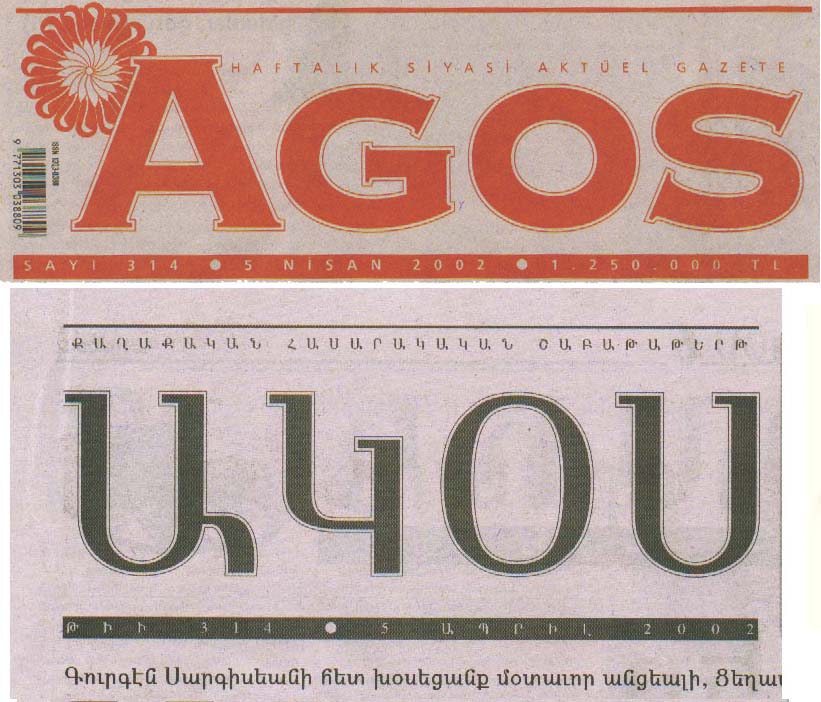The Ankara 13th Civil Court of First Instance has accepted part of the court case filed by retired ambassador Sükrü Elekdag against the Agos newspaper and historian Taner Akçam.
Akcam had written an article entitled "Gündüz Aktan and the Saik Problem in the Genocide". It was published in the issues of 6, 20 and 27 January and 3, 10 and 17 February in the weekly Agos newspaper. Elekdag had filed a suit for 20,000 YTL, claiming that the article violated his personal rights and insulted him.
The court agreed on a compensation claim of 10,000 YTL, to be paid by Akcam and the newspaper.
Lawyers announce appeal
The lawyers of Agos have stated that the court decree was incongruous with the European Convention on Human Rights and other decisions made by the European Court of Human Rights. They are planning an appeal.
The article in question had first been published in the Birikim Journal in November 2005, and then as a series in the Agos newspaper. (EÖ/AG)





